How African Brands Are Leading the Sustainability Charge in the Beauty Industry
From plastic-free packaging to renewable resources, beauty brands are becoming more environmentally friendly.
Cart
Your cart is empty
Sustainable beauty is no new phenomenon in Africa. Before the era of topical retinoids, cysteamine, and serums, beauty in Africa was very much organic. The bark of trees, the roots of plants, their leaves, seeds, and essential oils were all used in varying amounts and through traditional methods, to create cosmetics such as soaps and lotions that were healthy for the skin. “I have used [these organic products] for more than 30 years now, and have come to appreciate it,” says Nafisa, South African serial beauty entrepreneur and founder of Shea Botanics. As time progressed, skin-lightening products were introduced to the continent, but have received major pushback in light of its drastic effects, including burns, irritations, redness, and patchy skin.
In Nigeria, for example, there has been a nationwide ban against the importation and subsequent use of inorganic or synthetic products. According to the Acting Director General of National Agency for Food and Drugs Administration and Control (NAFDAC), Dr Monica Eimunjeze, “Organic products are better than bleaching products.” Laws like this aren’t peculiar to Nigeria. In 2015, Ivory Coast banned cosmetic products with more than 2% of hydroquinone and mercury. In 2016 and 2017, Ghana and Tanzania respectively did the same. The Rwandan government weighed in in 2018, while South Africa has had a long-standing rule since the late 1990s against the importation of bleaching products.
Now, these regulatory bodies are imploring the masses in the continent to return to the times of organic beauty. One of the major reasons to push for the use of more sustainable and organic beauty products, besides its adverse impacts on the health of its subscribers, is its support of a more circular economy in the process. The African beauty industry is a rapidly growing market, with an estimated value of around $2 billion in 2021. The market is projected to continue growing at a steady rate, with an estimated value of around $3.5 billion by 2025. As a result, beauty experts on the continent are tapping into this billion-dollar industry and building brands that consciously place sustainability at the forefront.
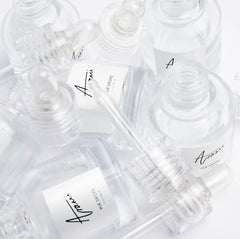
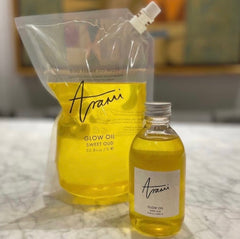
In this current era, a lot more things about sustainable beauty in Africa are changing. Brands such as Arami Essentials and Shea Botanics are focusing on one aspect of sustainability: packaging. “The world has a plastic problem, and the beauty industry contributes highly to this, because a lot of the products in beauty are made from one-time use or PET plastics,” says Ore Runsewe, founder of Arami Essentials. Both of these organic beauty brands use containers made from aluminum or glass for a large percentage of their packaging materials. Although glass is arguably non-biodegradable, the focus here is to encourage reusing, recycling and a refill model. Arami Essentials has gone as far as offering a discount for returning customers who bring back their bottles for a refill. “We make sure that all our products for the refills are at least 10% cheaper than buying the product again,” Runsewe says.
Beyond the packaging though, an element of sustainability that is as equally important, are the materials contained in the products. While a lot of inorganic cosmetic brands would use organic products as fillers, sustainable brands are creating products that are made from pure ingredients. “Our products are better because they’re served as individual and pure ingredients, rather than being used as fillers,” Nafisa says. Fillers are components of a skincare formula or any ingredient used to create bulk, texture or lubrication in the actual products. They are not essential to the active part of a formulation, and do not make a product perform better. “The pure ingredients are superior, and largely depends on where you source them,” Nafisa continues.
Sourcing of ingredients is solely done in Africa, and locations significantly dependent on the required ingredients for the specific products. “For our shea butter, for example, the ingredients are acquired from women producers in northern Ghana, and we see the impact that this business has for them,” Nafisa says. Sourcing is also extended across other African countries including Burkina Faso, Kenya, Nigeria and Mali. “The ingredient for one of our bestsellers, Glow Oil for example, is sourced here in Nigeria, and is made from shea oil,” Runsewe says. “And in actuality, it’s a sustainable product because it’s not shea butter, but a by-product.” Onyx Polish, which contains ingredients such as honey, desert date, and rose water, and HLR Drops, which contains arbutin, hyaluronic acid and niacinamide, are a few more of Arami’s bestsellers.
For Shea Botanics, marula oil is one of its best ingredients, and is used in making the brand’s widely sold Marula Face Oil. The shea body butter and shea butter botanical soaps, which are made from neroli, lemon grass, and other natural occurring essential oils, are also key products. Although, Shea Botanics has plans to break into newer markets with a main staple, shea oil. “We’re also going to be introducing the Kalahari melon oil, the oil made from the seed of melon that grows in the Kalahari desert,” Nafisa says. But running a sustainable beauty business also comes with its own challenges—think sourcing, distribution, supply chain valuations, globalization, competition with international markets, and even the encouragement of consumers to patronize. “We’re registered in the US, due to certain regulatory requirements. You need it to be able to trade with your retailers there.”
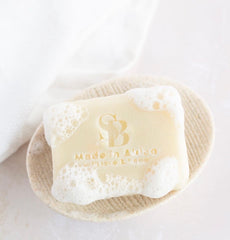
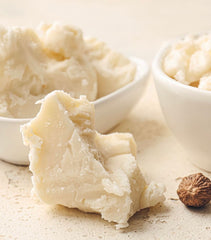
Much like every other business, the Covid-19 pandemic did impact their operations. For more than six years, Shea Botanics has prided itself as one that works directly with women cooperatives in Tamale, Ghana, to source raw materials in very large quantities. “Because of the pandemic and after it, these women did face some difficulties, and we were unable to continue working with them,” Nafisa says. “But we’ve now identified smaller groups that we can now work with.” Challenges in customer perception also persist, and one of the best ways to overcome them is working based on feedback. For Arami Essentials, one feedback regarding the packaging is the fear of it breaking and causing accidents, and this has caused the brand to go further into packaging research. “While plastics cannot be avoided completely, we’ve asked ourselves questions such as, ‘What kind of material can we use that’s refillable, looks like plastic, and non-breakable?’” Runsewe says.
Overall, the rise and rise of sustainable beauty in Africa has been a visible one. As much as it has been a widely applied practice for generations, there has been constant change and modernization, from the packaging to the source of ingredients, to how they’re produced. “Based on the times, we’re able to bring a fresh perspective to what people would usually know as ‘heritage ingredients’, and we’re constantly evolving our formulations to ensure that we’re staying on top of things,” Runsewe says. “We’re not exactly moved by trends, and believe that if you have a good group of classics, they will stand the test of time.”
Discover and shop beauty products wholesale here
Words by Elvis Kachi
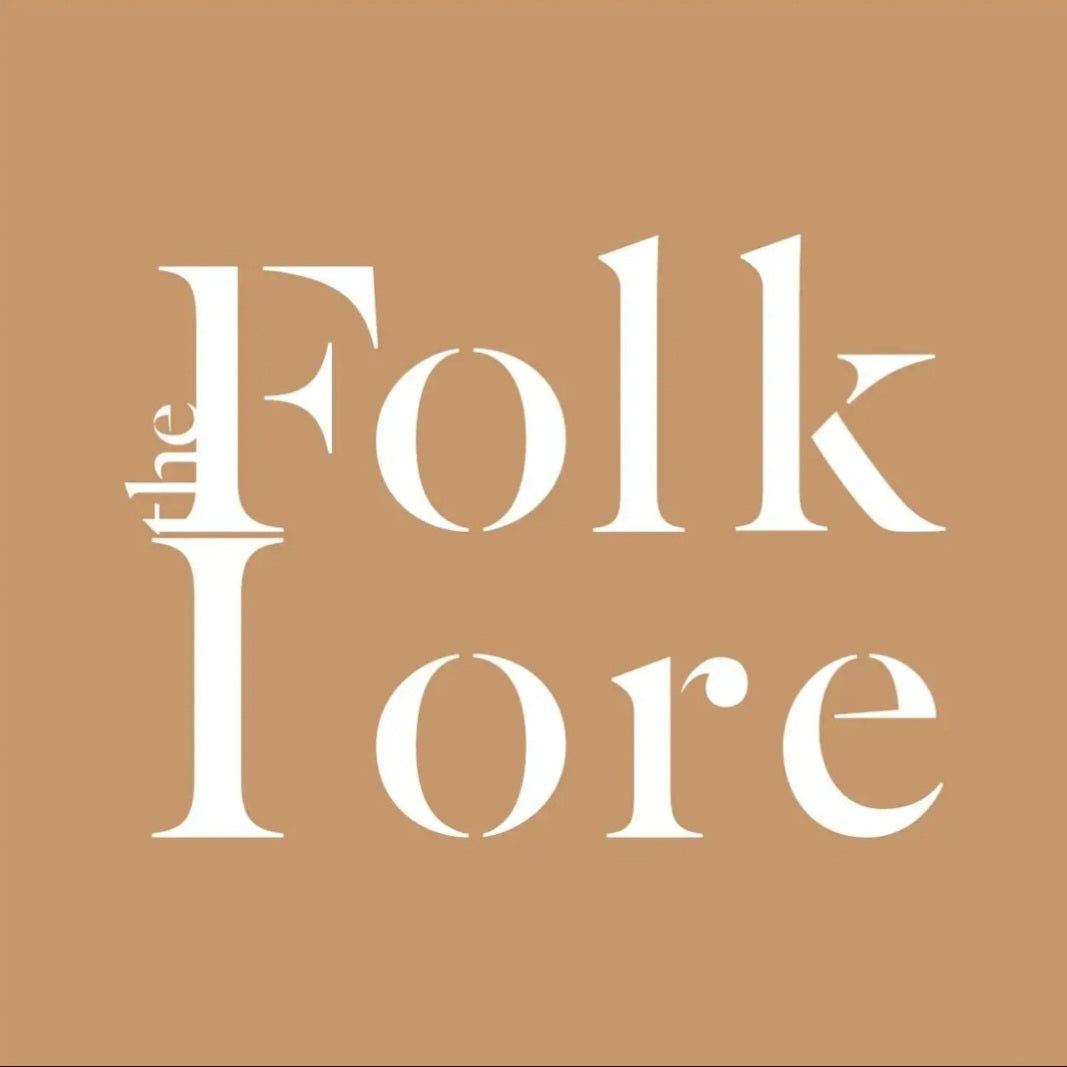
The Folklore is empowering brands to grow faster, save more, and sell globally through easy-to-use commerce, dropship, and shipping technology.
You Might Be Interested In:

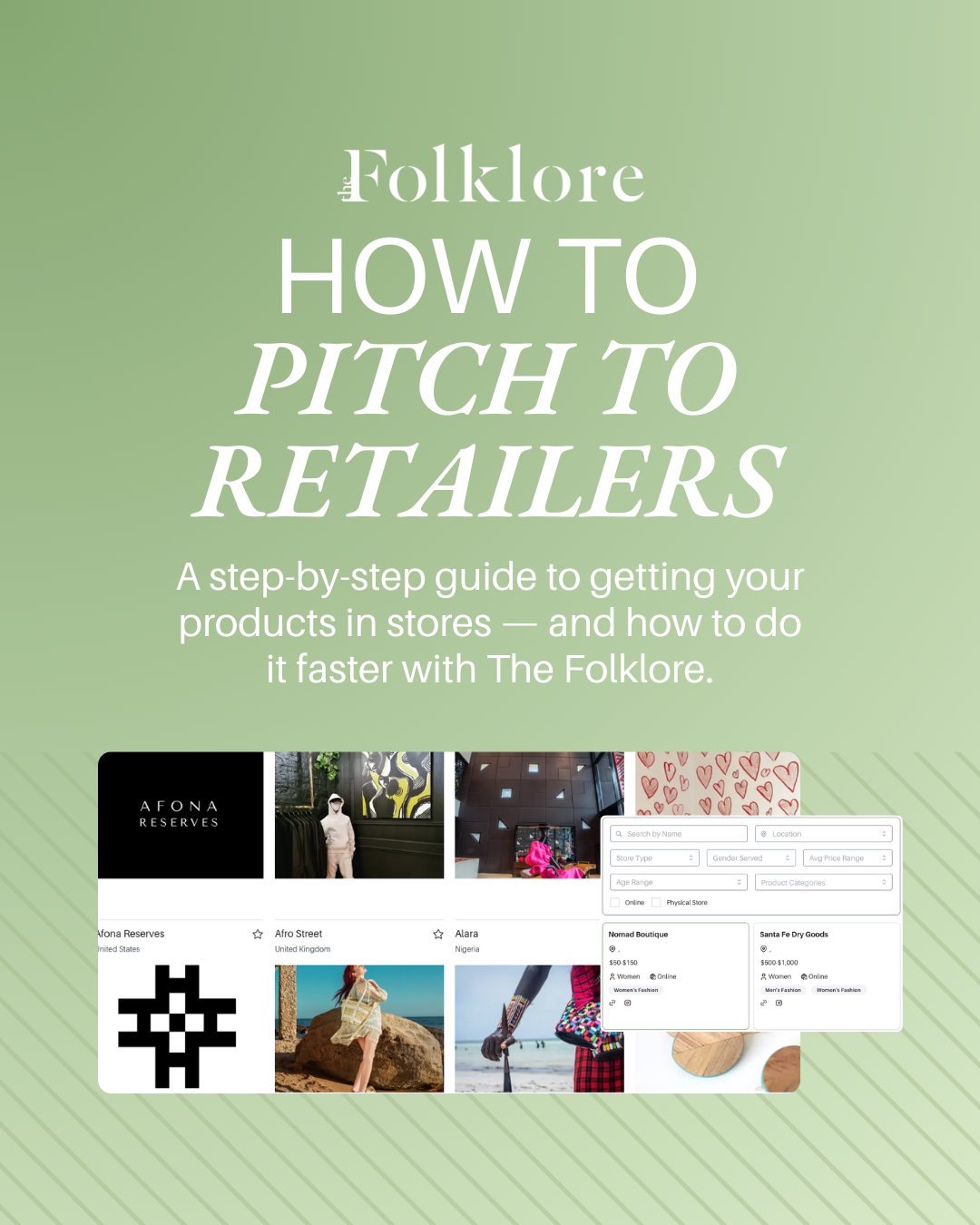

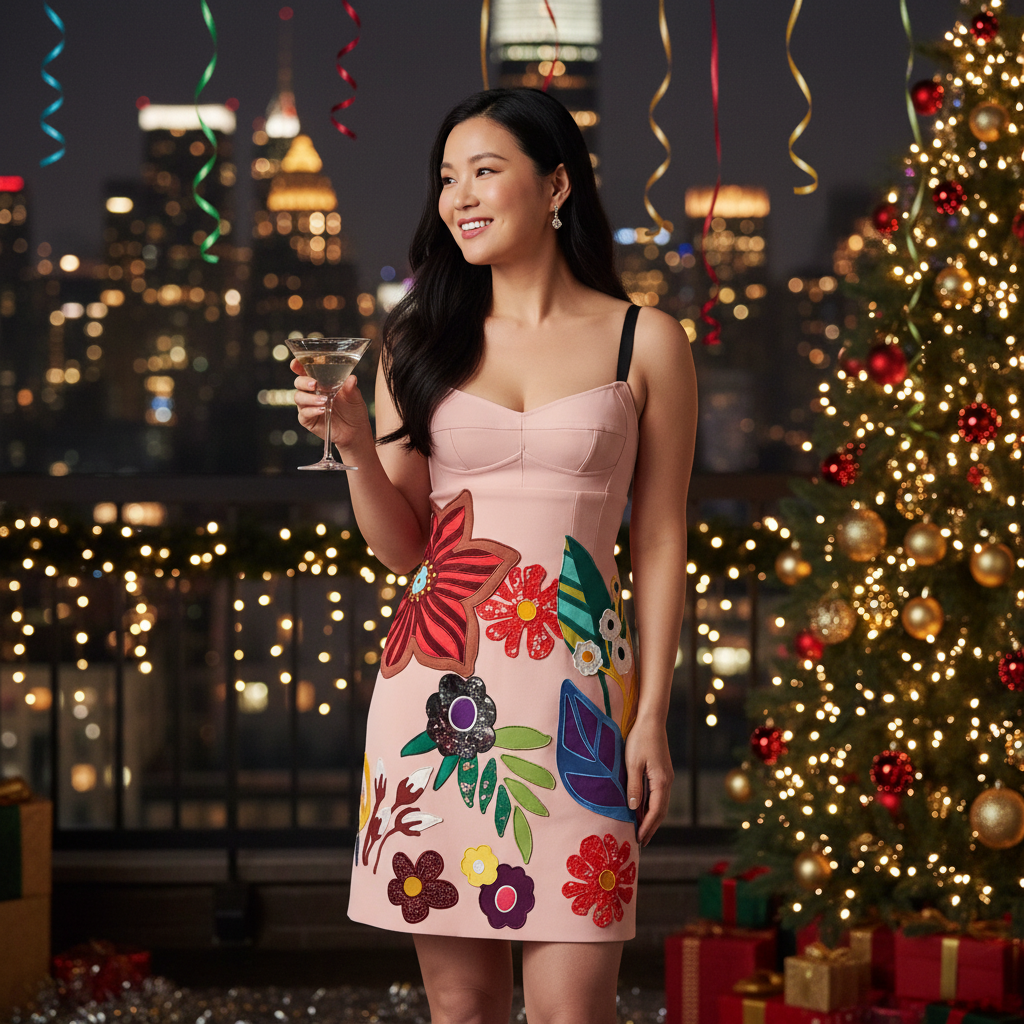
Join our community
Discover the best products tailored for you.